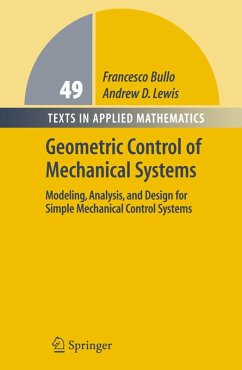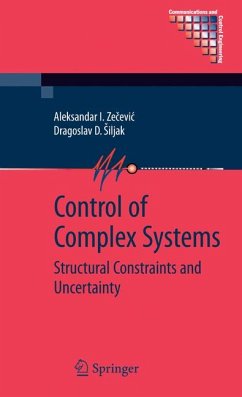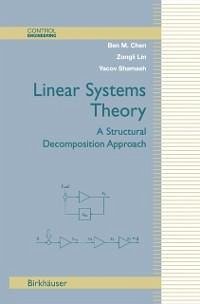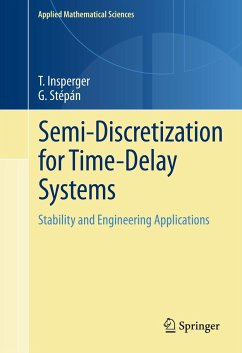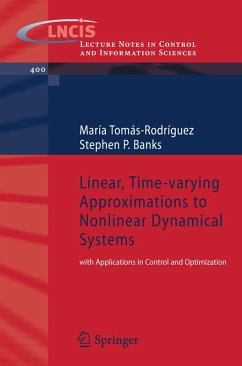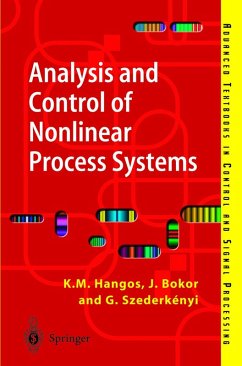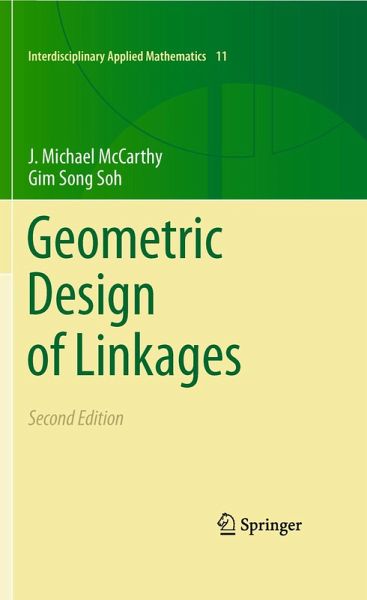
Geometric Design of Linkages (eBook, PDF)
Versandkostenfrei!
Sofort per Download lieferbar
52,95 €
inkl. MwSt.
Weitere Ausgaben:

PAYBACK Punkte
26 °P sammeln!
This book is an introduction to the mathematical theory of design for articulated mechanical systems known as linkages. The focus is on sizing mechanical constraints that guide the movement of a work piece, or end-effector, of the system. The function of the device is prescribed as a set of positions to be reachable by the end-effector; and the mechanical constraints are formed by joints that limit relative movement. The goal is to find all the devices that can achieve a specific task. Formulated in this way the design problem is purely geometric in character. Robot manipulators, walking machi...
This book is an introduction to the mathematical theory of design for articulated mechanical systems known as linkages. The focus is on sizing mechanical constraints that guide the movement of a work piece, or end-effector, of the system. The function of the device is prescribed as a set of positions to be reachable by the end-effector; and the mechanical constraints are formed by joints that limit relative movement. The goal is to find all the devices that can achieve a specific task. Formulated in this way the design problem is purely geometric in character. Robot manipulators, walking machines, and mechanical hands are examples of articulated mechanical systems that rely on simple mechanical constraints to provide a complex workspace for the end- effector. The principles presented in this book form the foundation for a design theory for these devices. The emphasis, however, is on articulated systems with fewer degrees of freedom than that of the typical robotic system, and therefore, less complexity. This book will be useful to mathematics, engineering and computer science departments teaching courses on mathematical modeling of robotics and other articulated mechanical systems.
This new edition includes research results of the past decade on the synthesis of multi loop planar and spherical linkages, and the use of homotopy methods and Clifford algebras in the synthesis of spatial serial chains. One new chapter on the synthesis of spatial serial chains introduces numerical homotopy and the linear product decomposition of polynomial systems. The second new chapter introduces the Clifford algebra formulation of the kinematics equations of serial chain robots. Examples are use throughout to demonstrate the theory.
This new edition includes research results of the past decade on the synthesis of multi loop planar and spherical linkages, and the use of homotopy methods and Clifford algebras in the synthesis of spatial serial chains. One new chapter on the synthesis of spatial serial chains introduces numerical homotopy and the linear product decomposition of polynomial systems. The second new chapter introduces the Clifford algebra formulation of the kinematics equations of serial chain robots. Examples are use throughout to demonstrate the theory.
Dieser Download kann aus rechtlichen Gründen nur mit Rechnungsadresse in A, B, BG, CY, CZ, D, DK, EW, E, FIN, F, GR, HR, H, IRL, I, LT, L, LR, M, NL, PL, P, R, S, SLO, SK ausgeliefert werden.




